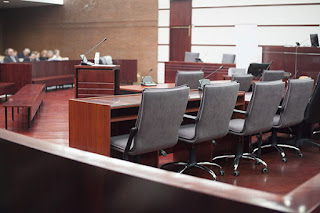With such statistics, sadly, it is likely that someone you know will be fatally injured while operating a motorcycle. If you or a loved one has been injured while operating
You should consider seeking out the help of a motorcycle accident lawyer if:
- If the accident happened because the other driver was negligent, reckless, careless, violating a traffic law (e.g. speeding, failing to stop/yield), drunk or under the influence of alcohol, distracted (e.g. using their phone, texting, etc.), inexperienced,
- If the accident happened due to poor workmanship at a repair ship, or if your motorcycle had faulty factory components.
- The other driver did not have legitimate insurance, meaning that you may have to submit an “uninsured motorist” claim to your own insurance company.
If you are interested in filing a claim, you will need the appropriate evidence to support it. We can help you gather the evidence you need and determine what evidence helps prove that the other person was at fault for the accident and shows the injuries and damages that you sustained, such as medical bills, lost wages, lost income in the future, etc. Police reports, the names of witnesses, footage from any nearby surveillance cameras, photographs, and medical records and bills are important to gather together if you have access to them.
If you have been injured, or someone you know has been injured or killed due to another driver’s mistake, you should get help from a motorcycle accident lawyer as soon as you can to ensure that the proper evidence is secured and your claim is properly prepare.

